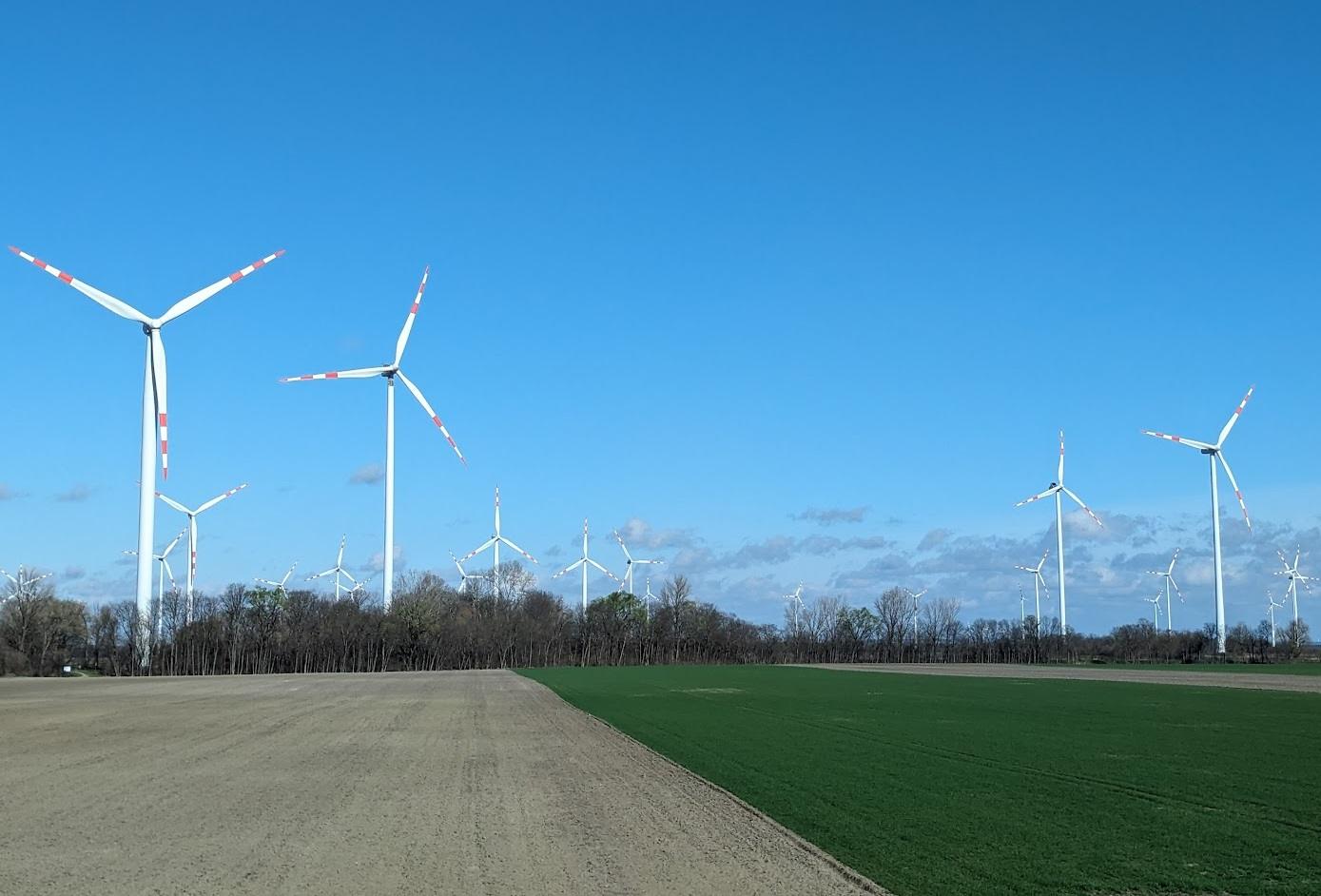Recent developments in ESG highlight a pivotal moment for global climate initiatives, with China announcing its first-ever emissions reduction goal, signaling a shift in its environmental strategy. Meanwhile, the U.S. political landscape remains contentious as former President Trump dismisses climate change as a “con job.” Major corporations are also making strides; Microsoft has committed to purchasing green steel for its data centers, while California has mandated over 4,000 companies to comply with new climate disclosure laws. These actions underscore the urgency of corporate accountability and the need for robust regulatory frameworks to combat climate change effectively.
The implications of these advancements are profound, as they reflect a growing recognition of sustainability's critical role in business operations and governance. Companies like Mars and IKEA are achieving significant milestones in renewable energy, demonstrating that sustainability can drive innovation and operational efficiency. The consolidation in the ESG data sector, exemplified by Connect Earth’s acquisition of Datia, suggests a trend towards more unified and accessible ESG reporting tools, which could enhance transparency and facilitate better decision-making across industries.









